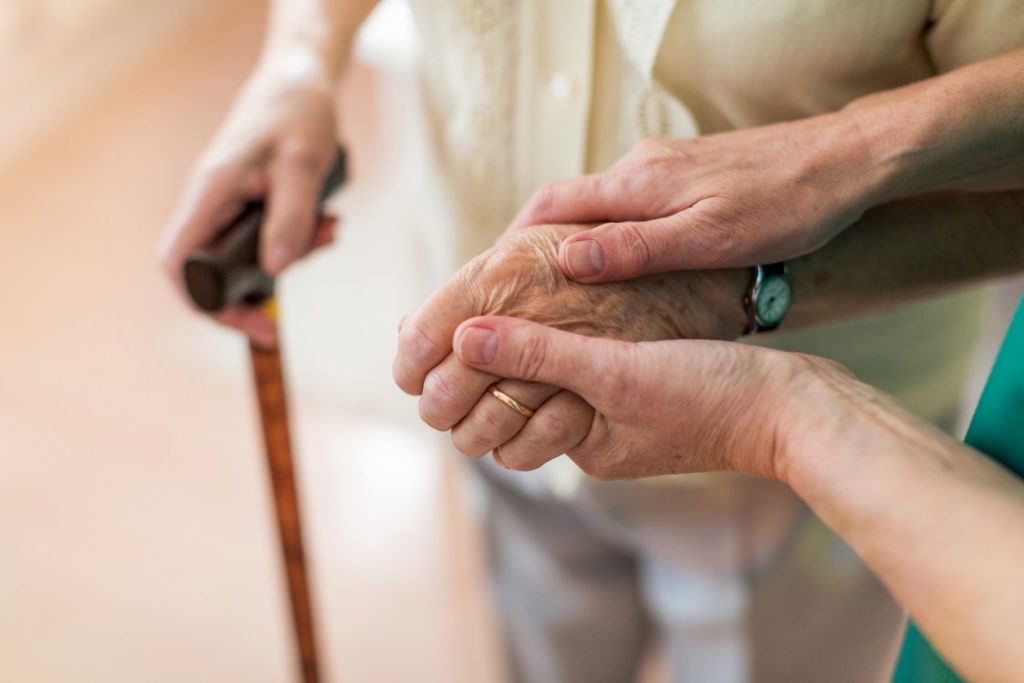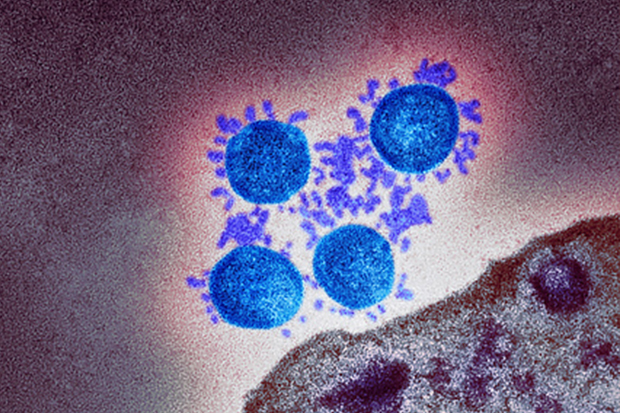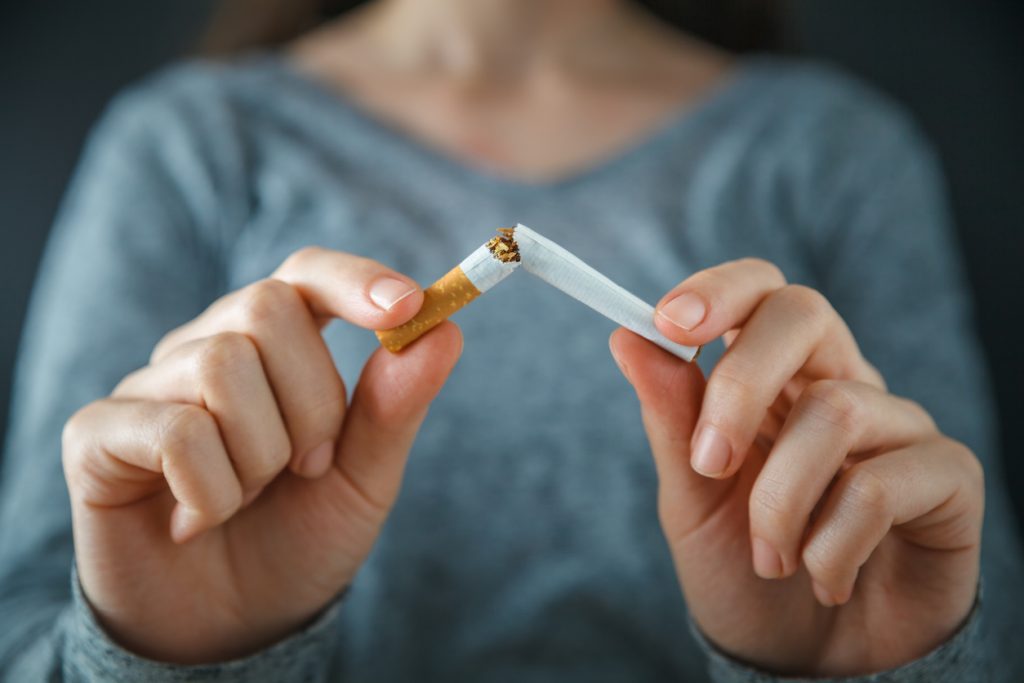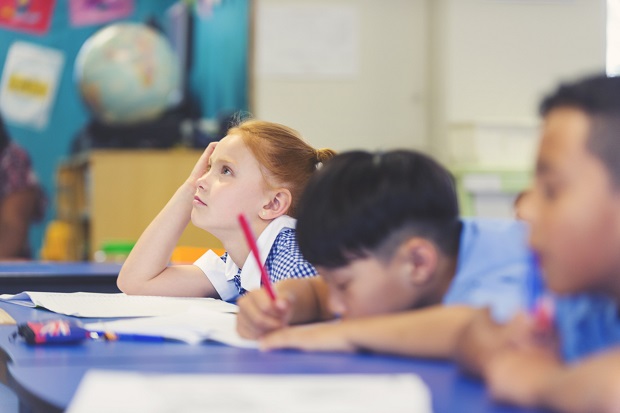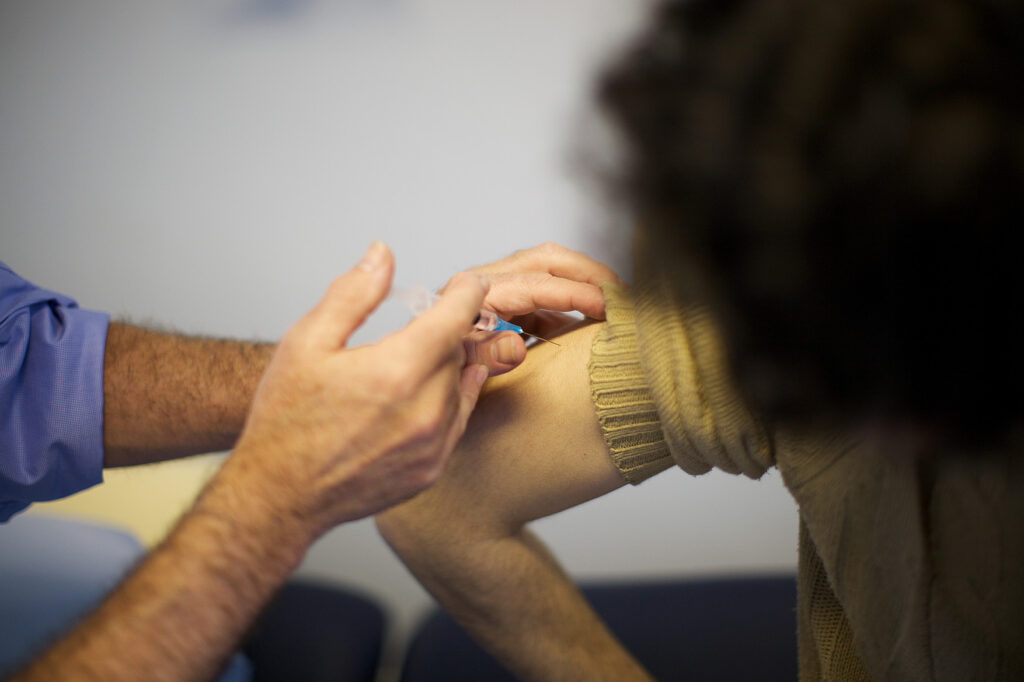Coronavirus (COVID-19)
On 22 February 2021, the Government published its ‘Roadmap out of Lockdown’ which set out how national coronavirus restrictions would be eased in stages, with reviews taking place on set dates. This blog looks at how easing of restrictions will work and why we must keep following the rules to keep each other safe.
When the PHE COVID-19 Dashboard first started back in March 2020, it was just a map and a few charts reporting four metrics on cases and deaths. One year on, read how the dashboard has evolved into the most important and reliable daily statistical publication in the UK.
Care home residents can now be visited indoors by a single, named individual. This blog sets out how visiting in care homes is being enabled through use of testing, the right use of PPE and other infection prevention and control (IPC) measures.
The SIREN study looks for answers to the most important questions about reinfection and COVID-19. Find out how PHE has led the national effort to develop the science that help decision-makers control the disease.
Many smokers believe that smoking helps to relieve stress, anxiety and low mood, when in fact the opposite is true. This year, for the first time, the national No Smoking Day campaign will focus on the significant benefits of quitting for mental health and wellbeing.
Last month, a team from the World Health Organization (WHO) returned home from a trip to Wuhan to uncover the origins of the COVID-19 pandemic. Professor John Watson was part of the team and in this blog he gives his account of what the trip was like and what they uncovered.
The evidence across the country shows that the lockdown has been successful in reducing rates of infection. In the North West, however, there are still some areas with rates coming down slower than others. In this blog we outline what needs to be done to further drive down rates.
The COVID-19 vaccination programme is continuing to be rolled out at pace, but it's important we continue to reduce our risk of transmitting or catching the virus. This blog explains why this is so important.
As all school children prepare to return to the classroom from the 8 March, read our blog on what we know about school safety.
Since the beginning of the vaccination programme, Public Health England (PHE) has been monitoring the effectiveness of COVID-19 vaccines in the real world and has now published its first analysis of the impact of the Pfizer/BioNTech vaccine.



